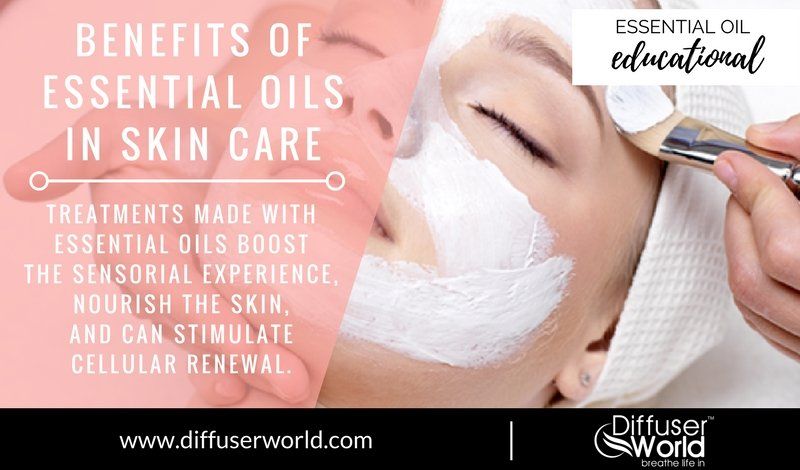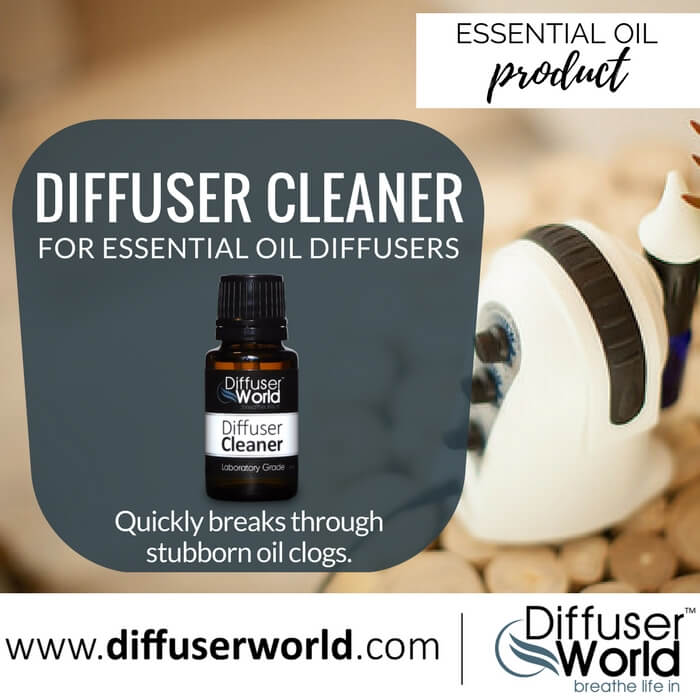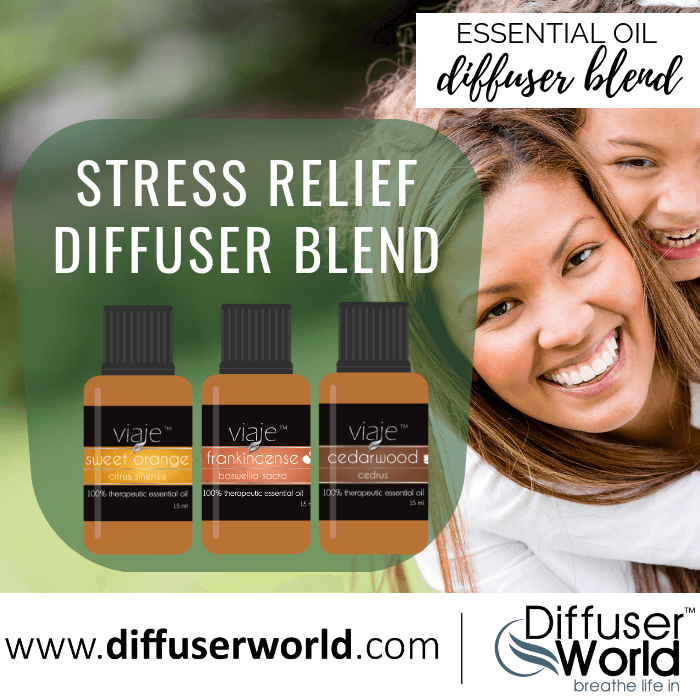Benefits of Essential Oils In Skin Care

The growing demand for natural products, paired with increasing applications of aromatherapy in personal care, is expected to be one of the driving forces in the recent rapid growth of the essential oils market. With good reason: Treatments made with essential oils not only boost the sensorial experience of a product — whether it be a relaxing face mask or a revitalizing face wash — but they also nourish the skin and can stimulate cellular renewal. Also nice, these naturally-derived oils have no detrimental side effects, contrary to some popular beliefs. Take a breather and read more about the aah-mazing benefits of essential oils and aromatherapy in skin care here.
Orange Essential Oil
Orange essential oil emerged as the largest product segment in 2015, according to the report. While it has been traditionally sought after for its immunity-boosting effects in juices, skin care formulators are looking to orange essential oil thanks to its anti-inflammatory, antioxidant and natural astringent properties. It's been shown to increase the ability to absorb vitamin C, thus stimulating collagen production, boosting blood flow and slowing the rate of skin damage from free radicals.
It should be noted that many people claim citrus essential oils, such as orange, bergamot and lemon, can cause phototoxicity (severe burns or skin cancer) in the presence of light following skin application. However, there is little credible research on this matter as most formulas are diluted with other ingredients and deemed safe. When in doubt, look for cold-pressed sweet orange essential oil (Citrus sinensis, Citrus aurantium var. sinensis); the furanocoumarins, which are the molecules reactive to light, are left behind during steam distillation. Or, simply use your citrus oil infused products at night.
Eucalyptus Essential Oil
The health benefits of eucalyptus essential oil are wide ranging — from clearing up respiratory problems to acting as an antispasmodic. The woodsy essential oil, which is derived from the dried leaves of the evergreen eucalyptus tree, also has amazing skin benefits. It boasts antibacterial, anti-infectious, anti-viral and anti-septic abilities that promote wound healing and treat skin eruptions like pimples. Furthermore, eucalyptus oil has also been shown to provide relief from an itchy scalp or insect bites.
Peppermint Essential Oil
Peppermint essential oil is known for its cooling menthol and ability to relieve stress and pains — not to mention bad breath. But this minty oil is also rich in nourishing Omega 3 fatty acids, vitamin A & C, calcium, iron, potassium and magnesium. It has the ability to cut through dry or callused skin, brighten dull complexions, increase blood flow, manage oil production, prevent clogged pores and soothe chapped lips.
Clove Essential Oil
Clove essential oil is rich in minerals such as calcium, hydrochloric acid, iron, phosphorus, sodium, potassium, and vitamin A and vitamin C. The most common use of clove essential oil is in dental care due to its germicidal properties. Several products, like toothpaste and mouthwash, contain clove to treat toothache, mouth ulcers and bad breath. Because it is an antiseptic and anti-inflammatory, clove essential oil is also used in skin care, especially for the treatment of blemishes. It has been proven effective against Propionibacterium acnes, the bacterium responsible for most acne, and at lightening post-inflammatory hyperpigmentation.
Frankincense Essential Oil
Often referred to as the “king of oils,” frankincense essential oil is commonly used in aromatherapy to provide relief from stress and feelings of peace. When applied topically, it has the ability to strengthen skin and protect skin cells, making it a great anti-aging ingredient. Studies have shown that frankincense essential oil can help tone and lift skin, reduce the appearance of scars, acne and sunspots, and heal wounds.
Lavender Essential Oil
The thought of lavender essential oil puts me in an instant state of Zen. Known for its ability to relieve nervous tension and induce sleep, the fragrant oil has a well-researched influence on both the autonomic nervous system and the skin. According to a study by the Journal of Phytomedicine, lavender essential oil helps your body produce three of its own most powerful antioxidants: glutathione, catalase and superoxide dismutase. It promotes healing and improves cellular communication in skin.
Chamomile Essential Oil
Chamomile essential oil is one of the most widely recognized herbs from eastern medicine. The miracle oil has been shown to treat a variety of skin conditions, including contact dermatitis, acne, eczema, inflammation, rosacea and sensitivities. Chamomile essential oil contains a long list of skin-friendly chemical compounds, including calming bisabolol, anti-inflammatory chamazulene and the flavonoid apigenin, which research has shown to reduce DNA oxidative damage.
Cypress Essential Oil
The cones and needles of this medicinal tree produce a “piney” oil that's both invigorating and powerful. The main elements of cypress essential oil are alpha-pinene, camphene, carene and limonene. Due to the circulatory benefits, cypress essential oil can awaken dull complexions, detoxify, regulate blood flow and tone the skin. You will find it in products that treat varicose veins, cellulite, under-eye puffiness and skin eruptions like pimples.
Evening Primrose Essential Oil
You’ll find primrose essential oil in a number of high-end skin serums and creams for the treatment of common skin woes like acne, irritation and wrinkles. The oil is high in essential fatty acids, which provide the building blocks for cell membranes in healthy skin, as well as vitamins C and E. It’s choice for people suffering from skin conditions like eczema, psoriasis and atopic dermatitis, as studies prove it effective at relieving symptoms of itching, redness and swelling. What’s more, a study published in the International Journal of Cosmetic Science showed that evening primrose oil can help with age-related structural changes in skin tissues, including redness, firmness, roughness and fatigue resistance.
Lemongrass Essential Oil
The fibrous stalks of lemongrass essential oil, packs essential vitamins such as vitamin A, B, C and folate. It also contains magnesium, phosphorous, manganese, copper, potassium, calcium, zinc and iron. Many of these compounds are known to have anti-fungal, insecticidal, antiseptic, and anti-inflammatory properties. It is used in skin care to strengthen skin tissue, improve clarity and boost radiance.
Source: https://www.truthinaging.com/review
Editor’s Note/Disclaimer: The information in this article is not a substitute for professional medical advice, diagnosis, or treatment. Always seek the advice of a physician or other qualified health provider with any questions you may have regarding a medical condition and before undertaking any diet, supplement, fitness, or other health programs. Diffuser World and the ownership of Diffuser World will make no specific medical claim or provide any medical advice. Articles contributed to this platform may be provided by third parties and do not necessarily represent the opinions or beliefs of any Diffuser World representative or the ownership of Diffuser World. Please seek out a medical professional or veterinary professional regarding any questions you may have about the use of any products sold by Diffuser World.





